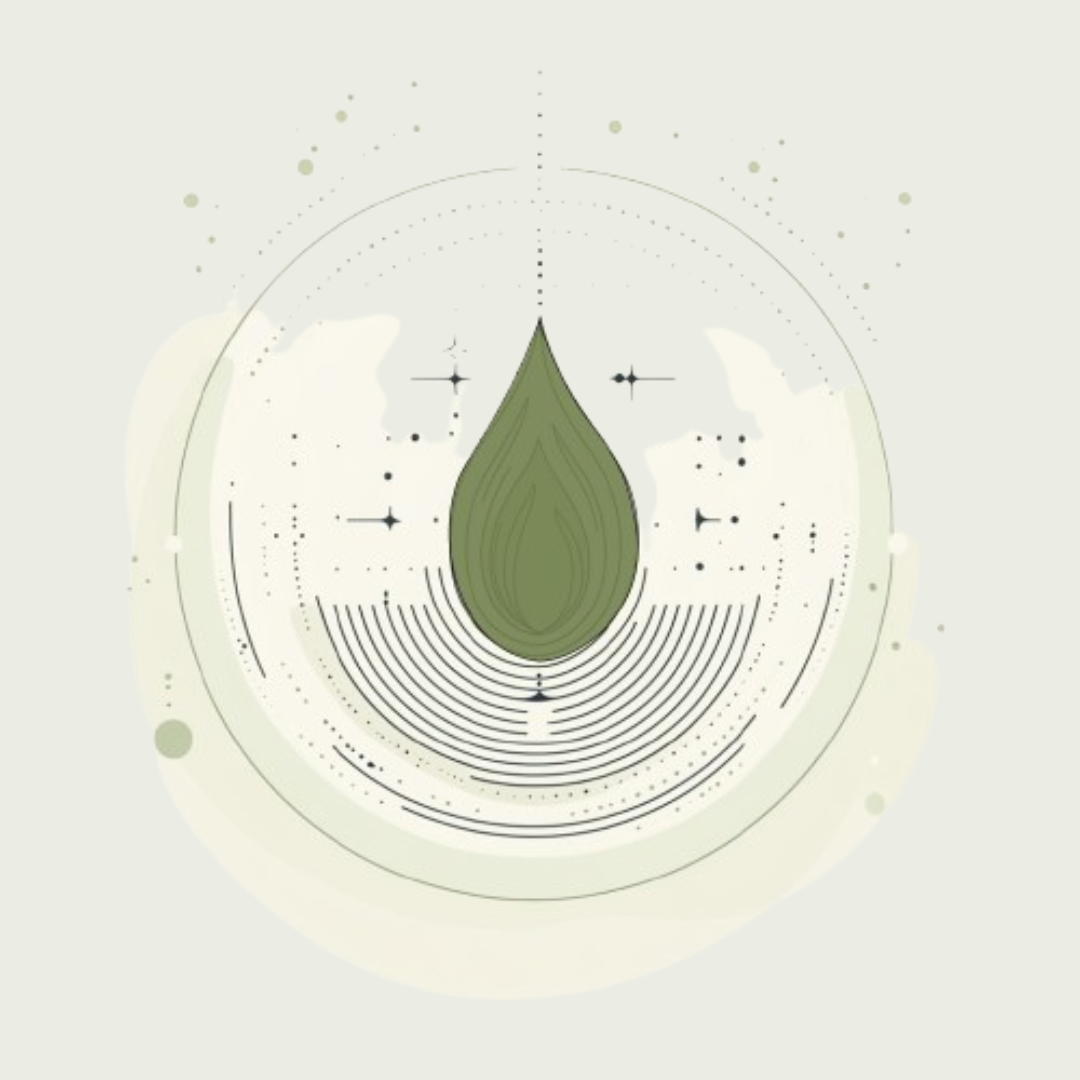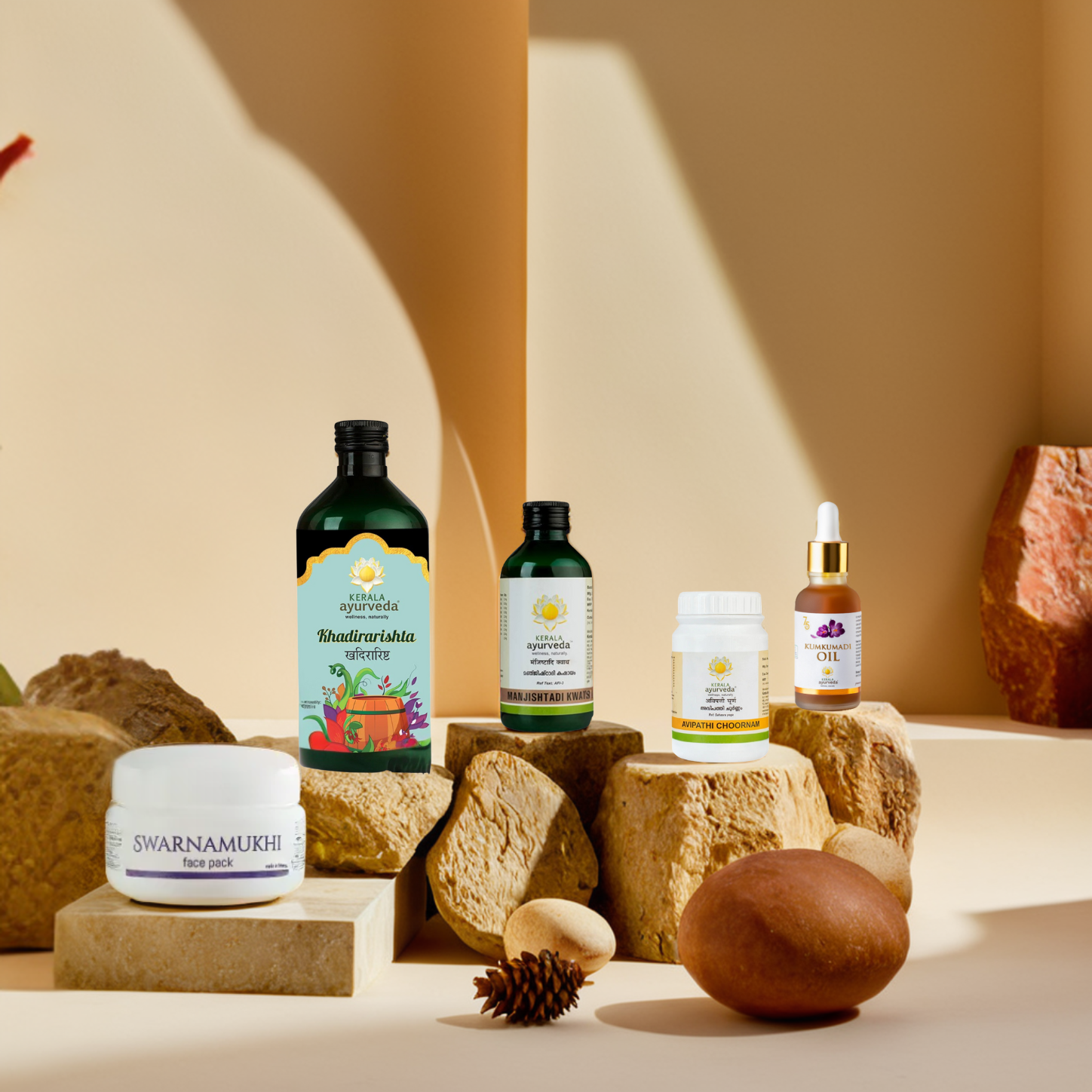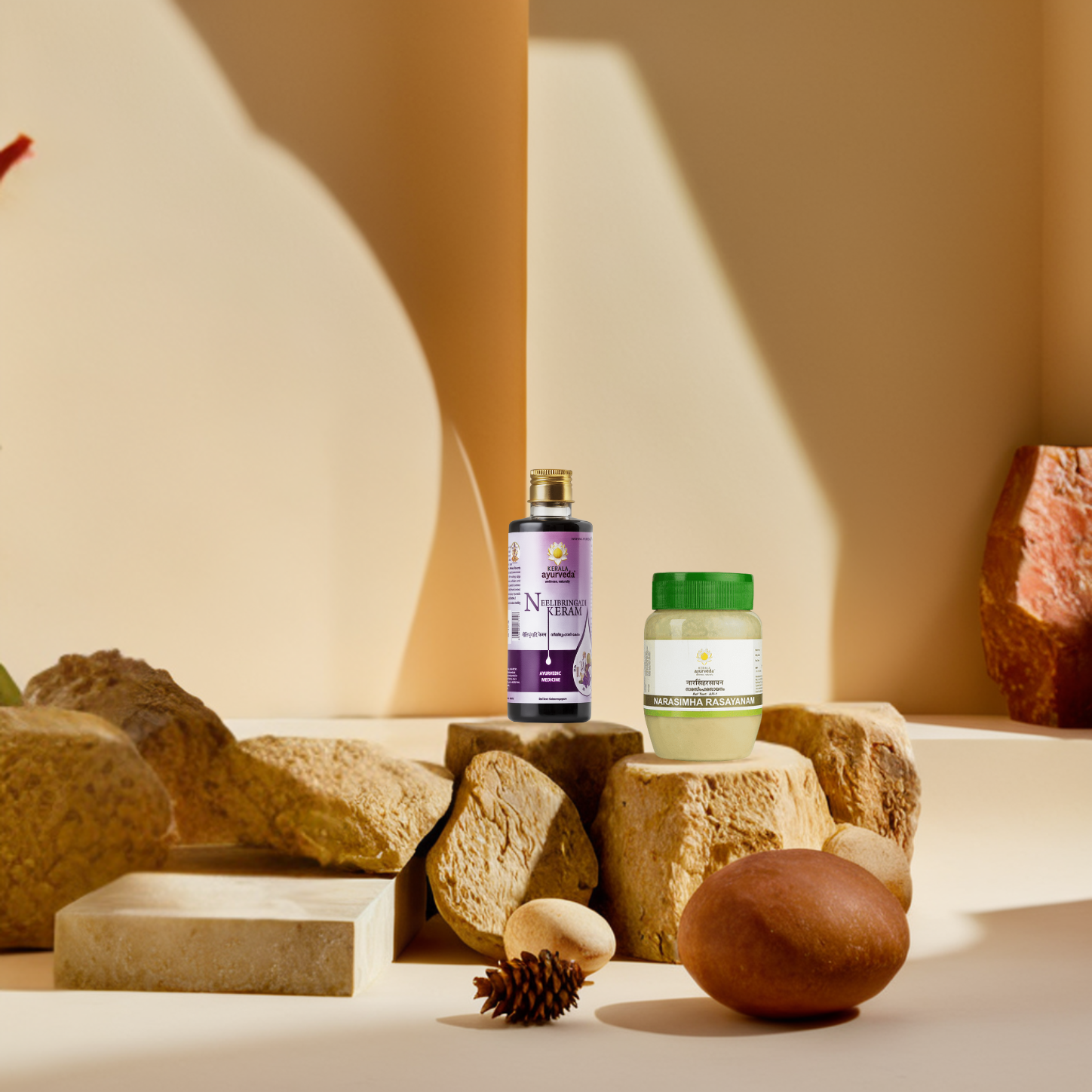Highlights
Piles is a painful condition characterized by inflammation in the lower rectum. Common symptoms of piles include blood in stools, itching in the anal region, constant pain, and discomfort.
Piles can be a chronic or temporary condition, and nearly every individual experiences the symptoms of piles at a certain point in their life, for a short or long duration. However, the risk of developing piles increases with age because the tissues supporting the rectum and anus become weak. So it is recommended to seek immediate medical care, especially if the patient is 60 years or older.
If you suspect you have piles, it is important to understand what kind of piles you have and how to treat them. It is relatively easy and inexpensive to treat piles during the initial stages; however, extreme conditions may require medical intervention, such as drugs and invasive surgeries.
Causes of Piles
Piles are caused by several reasons, including but not limited to:
1. Excessive Straining While Emptying Bowels
Excessive straining can cause the veins around the anus to swell and become inflamed, making it difficult to pass stools without bleeding or pain.
2. Chronic Constipation
Constipation is one of the primary causes of piles and fissures. Chronic constipation may lead to frustration and straining too hard to empty your bowels.
3. Obesity
Being obese has its own set of challenges and health implications. For example, most obese people who suffer from constipation are highly likely to develop piles over time.
4. Being pregnant
Pregnancy can cause chronic constipation and complications in the pelvic area, making it difficult to pass stools without prolonged straining, which may lead to piles.
5. Regular Heavy Lifting
Lifting heavy weights may put a direct strain on the pelvic and anal region, causing the veins around the anus to swell. Not only does it cause piles, but it may also lead to bowel incontinence.
6. Eating a low-fibre diet
Lack of fibre in your diet leaves the intestine lining hard and dry. Because of poor lubrication in the intestines, it becomes difficult to pass stools without straining, leading to piles and fissures.
7. Eating Too Many Spices
Eating too many spices may not be an underlying cause of piles, but it can worsen an existing condition. For example, eating lots of spicy food can irritate the rectum during bowel movements, causing extreme pain and discomfort.
Although Ayurveda for piles can help manage piles, in case of extreme pain and bleeding, a doctor’s advice is advisable.
Also, proper diagnosis is key to your treatment because piles are of different types, and each type requires a specific treatment procedure. If you can’t identify the symptoms, consider consulting with a physician.
With that out, let’s look at different pile types.
Ayurveda’s Take on the Digestive Concerns Relating to Piles
According to Ayurveda, piles, fissures, and the digestive concerns leading to them are associated with the three Doshas, namely Vata, Pitta and Kapha. As Ayurveda suggests, each individual has a bi-doshic nature, so the qualities of two doshas are more dominant than those of the third.
Depending on the Dosha dominance in your body, your digestive concerns may vary.
For example, concerning piles, the condition usually crops up due to low Vata and Pitta levels. Most Ayurvedic medicines for piles work towards optimising the Dosha levels and ensuring that Agni (the body’s digestive fire) is improved and working efficiently.
Speaking of the various digestive functions, Vata Dosha governs the body's movements. Hence, Vata levels in the body determine whether the bowel movement is healthy. Being a dry Dosha, Vata’s aggravation can increase the dryness of the bowel contents, causing improper movement and leading to constipation.
This constipation is rough, leading to painful black haemorrhoids when aggravated.
Pitta Dosha is hot and, when in excess, can cause diarrhoea, excessive thirst, and inflamed bleeding haemorrhoids. Similarly, Kapha Dosha is cold and heavy, and its aggravation can lead to large light-colored haemorrhoids.
How to Manage and Prevent Haemorrhoids Naturally?
Here are some natural tips to help people manage piles and fistula naturally.
1. Don’t hold the urges
While this goes without saying; we may sometimes ignore the urges and delay going to the bathroom. Certainly, we are all leading busy lives. However, it must not put our health at risk,
When humans ignore their urges to pass stool, the stool may turn hard and dry in the bowel. This hard stool will later be difficult and inconvenient to pass and may increase the risk of developing hemorrhoids.
Similarly, when we strain our body to pass the stool without the natural urge, the pressure on the venous cushion increases and may lead to haemorrhoids.
2. Improve Your Diet
Your digestive system is the component of your body that starts with the food you eat and ends with how you eliminate its wastes. To prevent and/or manage digestive concerns such as haemorrhoids, it’s crucial to maintain a healthy digestive system.
For that, a healthy diet is crucial.
To lower your risk of developing haemorrhoids or to manage an existing piles condition, it’s advisable to reassess your diet and follow these tips:
- Avoid fried and salty food, full-fat dairy products, heavily processed food items, red meat, chocolates, candies, coffee with added sugar or milk, alcohol, soda, and sports drinks.
- Increase your fibre intake: Increase your fibre intake and start consuming pulses, beans, lentils, chickpeas, whole fruits, and fresh vegetables.
- Stay hydrated by drinking more water. This also helps keep the stool from drying out quickly. This can be one of the natural treatments for piles.
3. Exercise Regularly
A certain amount of regular workouts can help prevent various digestive concerns and keep bowel problems at bay. However, a sedentary lifestyle will often slow us down and tamper with our natural bowel movements. As a result, conditions such as haemorrhoids may crop up.
When we indulge in moderate physical activity, our body becomes active, enabling the stool to move comfortably out of the bowel.
So, whether you are a fan of brisk walking, sprinting, cycling, or Yoga, go for it to keep your digestive tract healthy.
Note: If you have an existing hemorrhoid condition, do not indulge in heavy weight-lifting, squatting, or other exercises that immensely pressure the abdomen.
How can Ayurvedic medicine help in treating piles and fistula?
Ayurveda takes a comprehensive approach to manage and treat piles and fissures. The aim is to bring and maintain the natural balance of the three Doshas and to benefit the overall health.
Adding to that, some helpful herbs can make effective Ayurvedic medicines for haemorrhoids.
1. Touch-me-not plant
Touch-me-not herb has long been known for its healing properties to help manage bleeding piles. In addition, the plant contains a chemical known as alkaloid mimosine, which can help ease pain and manage inflammation.
Since ancient times, Ayurvedic practitioners and Vaidyas have suggested using touch-me-not plants for piles. For best results, a paste of touch-me-not leaves can be applied externally to the affected area. Kerala Ayurveda Pilogest capsules have the goodness of touch-me-not and other herbs that provide relief, and even prevent such concerns from cropping up.
2. Triphala
By using Triphala for piles, one can find lasting relief. Triphala is a healthy mix of three potent herbs: Amalaki, Bhibhitaki and Haritaki. The composition of Triphala is such that it acts as an excellent ingredient for constipation relief. When you have a smooth evacuation, the chances of straining and piles reduce significantly.
3. Guggul for piles
Guggul is one of Ayurveda's most potent anti-inflammatory herbs. Also known as Balsamodendron Mukul, Guggul helps reduce inflammation, manages hemorrhoidal concerns, and can provide quick and lasting relief from piles.
Being a laxative and an astringent agent, Guggul can help metabolise the bioactive etiologic components of haemorrhoids. This helps eliminate toxins (Ama) and improve digestive health.
4. Turmeric
Turmeric (also known as Haldi) is a common ingredient in most Indian households. With its significant health benefits, it finds a range of cosmetic, religious, and healthcare uses, and managing piles is one of them.
Turmeric is an antimicrobial and anti-inflammatory herb that can prevent the attack of secondary microbial infection and manage bleeding because of haemorrhoids.
Apart from that, it can also help reduce anal itching urges. Ayurveda suggests that turmeric has an alkaline nature and can have an astringent effect that can help shrink haemorrhoids. In addition, by improving the digestive fire (Agni), Turmeric helps improve digestion and prevent haemorrhoids.
Key Takeaways
Whether you talk about the bleeding rounds to the toilet seat or the daily added inconveniences, haemorrhoids can be a painful health concern. To manage it correctly, it’s crucial to make certain lifestyle changes and stick to a healthier diet. This blog discussed natural and Ayurvedic tips to manage piles and fissures. Let’s look at what we learned.
- Piles can be caused due to strain on the bowels, constant constipation, obesity, pregnancy, a low-fibre diet, and eating too many spices.
- According to Ayurveda, piles can crop up because of an imbalance in the three Doshas.
- Certain natural tips can help manage and prevent haemorrhoids.
- Various Ayurvedic herbs are known to help manage piles and fissures.
You can go through the following section discussing the most frequently asked questions about piles.







